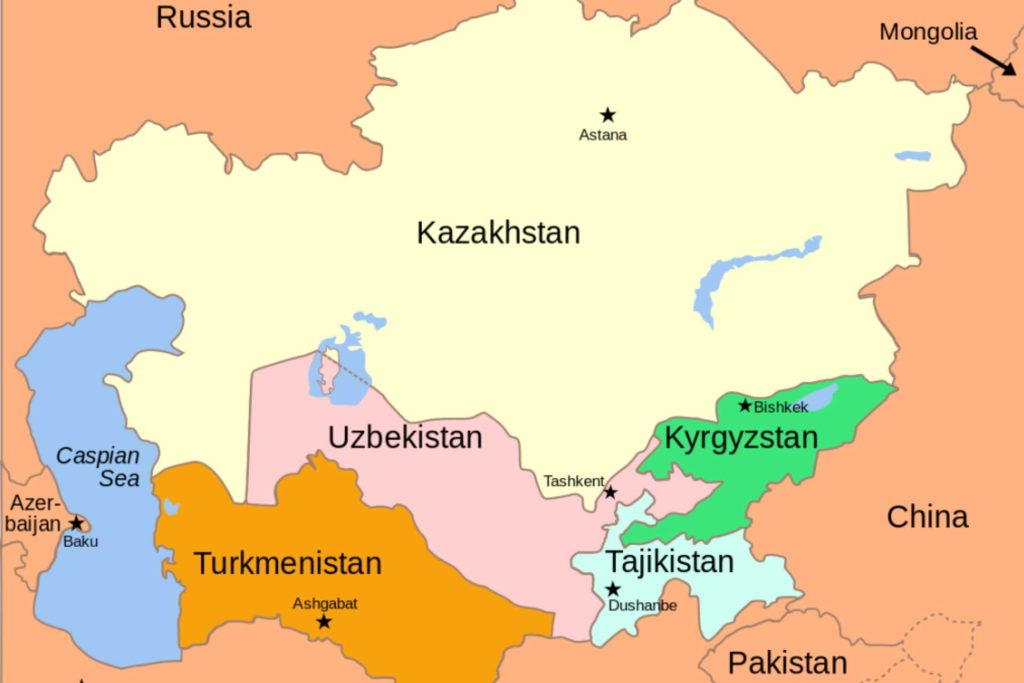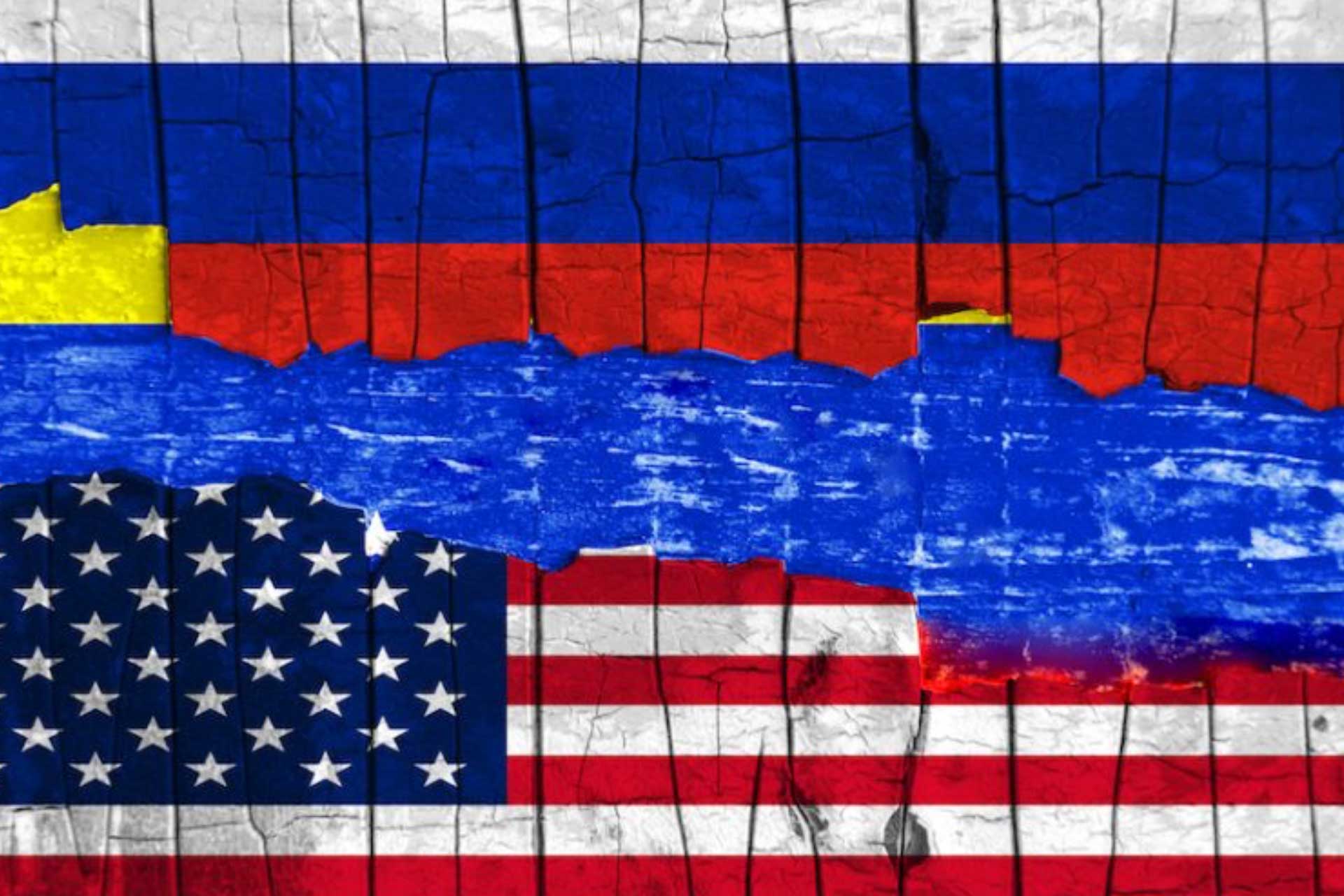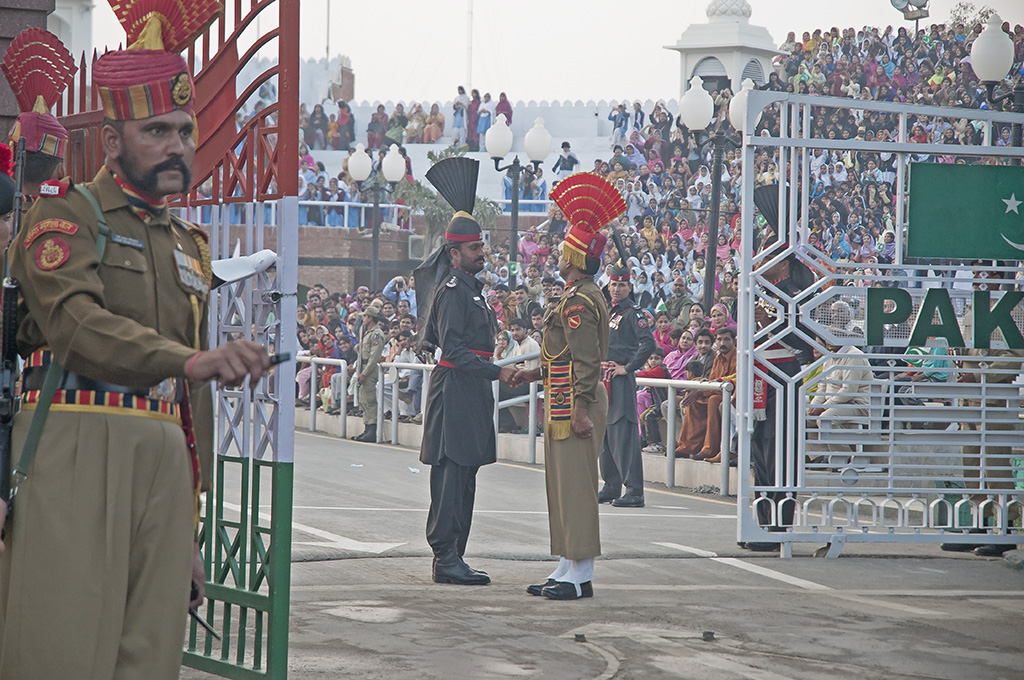The First Loser of the New World Order: Russia
It is now widely recognized that the unipolar world order that emerged in the aftermath of the Cold War has come to an end. While the West – especially the U.S. – which emerged victorious from its struggle with the Soviet Union is losing power, the rise of many countries, especially China and Russia, brings to mind questions such as whether we will return to a bipolar world order or even whether a multipolar order is possible. But while we do not yet know how many poles the New World Order will have, the events of this year have shown that Russia will not be one of them. On February 24, 2022, the Russian army, which suddenly entered Ukraine one night, although it has been unofficially present in Ukraine since 2014, has not been able to achieve the success it wanted in Ukrainian territory and is now busy trying to protect its gains – in the east and south – on this path that it started with the slogan of liberating Ukraine from the Nazi (!) regime[1]. Of course, failures continue to haunt Russia at this point, but Russian leader Putin’s persistence and stubbornness show that a possible peace is not imminent.

Ukraine Defeat is Not an Ordinary Defeat for Russia
The Ukraine defeat is indeed more than an ordinary failure for Russia. As I mentioned at the beginning of this article, even though the West seems to have been losing power in the last decade, in fact it has always been prepared for the emergence of new poles. Ukraine against Russia, Taiwan against China, Japan, South Korea and even Greece against Türkiye. In all of these cases, if you look at the last 10 years, you can see massive financial, military and technological aid. This is exactly what Ukraine was preparing for, especially after its mistake in 2014, which resulted in the loss of Crimea. As I mentioned, Ukraine was much more prepared for this war than Russia, which thought it could overthrow the government by landing paratroopers 100 kilometers across the border and entering Kiev with a brigade of soldiers. Russia, which failed(!) to realize the booby trap that the West has been setting for nearly 10 years, is now paying a heavy price for this mistake. In addition to the loss of tens of thousands of soldiers, many other problems such as poor officer/general management, lack of equipment and supply problems, and tensions especially in autonomous regions during the recruitment process are plaguing Russia. In fact, I think that the loss of prestige caused by the failures alone, let alone the economic and military losses, will keep Russia busy for many years. To summarize, Russia, which fell into the West’s trap, has not only suffered a significant defeat, but has also lost the chance to become a pole in the New World Order.
Reflections of the Ukrainian War on Russian Spheres of Influence
In fact, Ukraine is not the only region Russia has to worry about. For more than 20 years, Central Asia, where Russia has been trying to maintain its influence, has also been heavily affected by these developments. Countries, particularly Kazakhstan, that want to move away from Russian cultural and political influence have used this war as an opportunity to step up their game. In addition to this, the stability in the region, which is usually ensured by Russian influence, started to deteriorate in certain regions. Foremost among these is the Tajikistan-Kyrgyzstan border, whose borders were unrealistically drawn by the Soviet Union. The border clashes in the region, which became more frequent after the Ukraine War, recently left 24 people dead [2].
Looking outside of Central Asia, Belarus is slowly beginning to question the Russian occupation [3], while the autonomous republics within the Russian Federation are getting hotter. Although Belarus, which has a small army and has not been able to get rid of Russian influence even after independence, will be a part of this war for a long time, just like in other examples, it reveals what Russia has lost or is losing.

Old Fox is the Owner of the Game
The West, which is about to eliminate one of the two most important actors without losing a single soldier, has shown us that it still owns this game and should never be underestimated, even if it loses power(!). Undoubtedly, the developments of the past year have not only made world history, but also intimidated the West’s other rival, China. Although it is too early to make a definitive judgment, all these events have proved that diplomacy and foreign policy should never be done in a way that underestimates the other side. Finally, it seems that China, which was gearing up on Taiwan in the early stages of the war, which looked good for Russia, has decided to be cautious after the Russian defeats and Pelosi’s eventful visit to Taiwan, because China knows very well that the Old Fox may still have a few words to say and that it has no intention of falling into the same trap as Russia.
Mert Kahve
Koç University International Relations/Economics
Source
[1] https://www.bbc.com/news/world-europe-56720589
[3] https://www.theguardian.com/world/2022/oct/12/alexander-lukashenko-belarus-russia-ukraine-war-putin




Comments